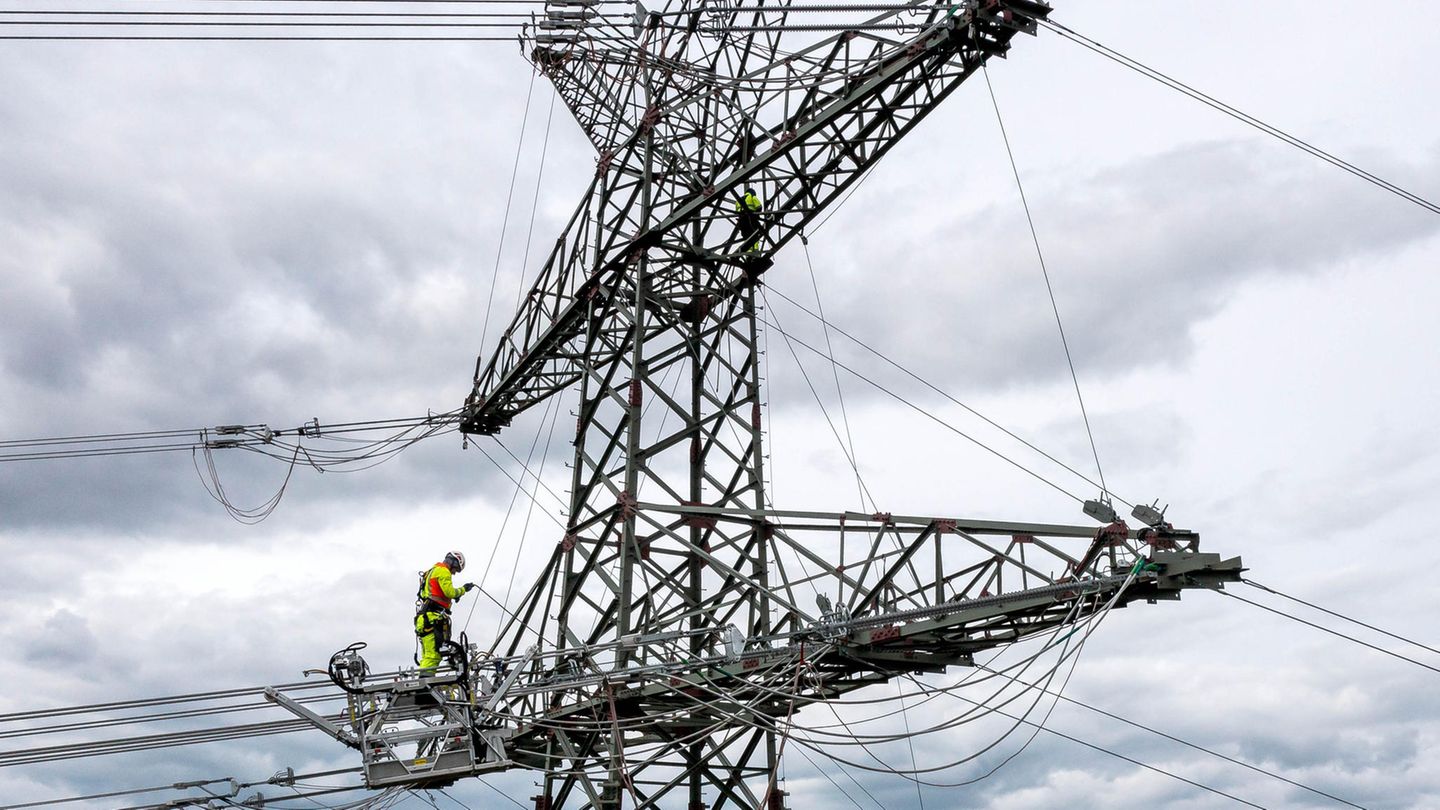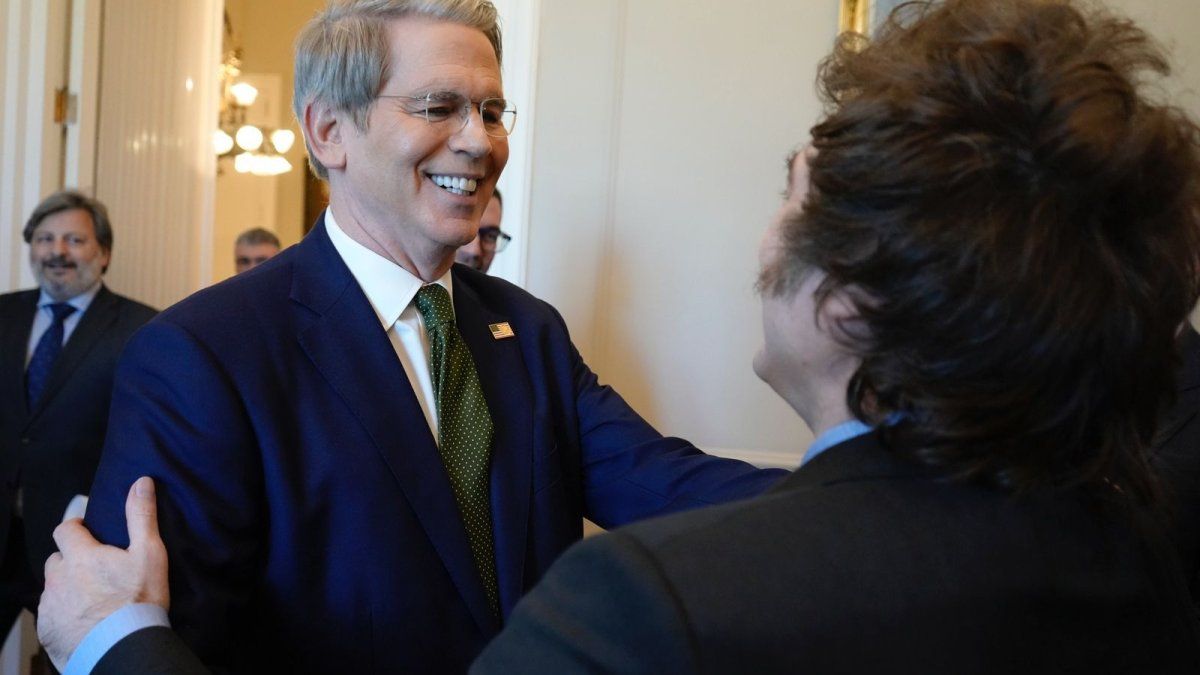Opinion
At the last minute, the FDP in the coalition prevented the federal government from buying back important electricity transmission networks. This harms electricity customers – and above all the climate.
We are used to some unnecessary arguments from the traffic light coalition. Many squabbles are annoying, but can be written off as simple political games. The latest dispute is somewhat different: at the last minute, the FDP prevented the federal government from buying the German electricity transmission network from the Dutch provider Tennet. After two years of negotiations! With this veto, the Liberals are endangering both the German energy supply and the country’s economic performance in the long term. Their “no”, decreed by Finance Minister Christian Lindner, is likely to severely slow down the nation’s energy transition.
What is it about? Tennet operates a large part of the German high-voltage network, around 14,000 kilometers of lines, especially in the north, where more and more wind turbines are turning in the sea and on the coasts. Because much more electricity is produced in this region than is consumed, the energy must flow to where it is needed. This requires electricity highways. Tennet is therefore also involved in the construction of “Suedlink”, one of the large power lines that will transport wind power to the southern economic areas, where green electricity is still in short supply.
The financing of network expansion is at stake
The problem: Tennet, a 100 percent Dutch state-owned company, is showing less and less interest in investing billions of euros in its neighboring country; it would cost the company around 100 billion euros to achieve the energy transition. That is why the federal government was planning to take over the network for around 20 to 25 billion euros, later selling most of it to an infrastructure fund, but always retaining a blocking minority. This was intended to secure the financing of the network expansion.
The idea was spot on. Power grids are part of a country’s basic needs. They should therefore belong to the state or at least be under its control. The state must ensure that the infrastructure is kept functioning with the greatest financial efficiency. Klaus Müller, President of the Federal Network Agency, which is responsible for ensuring the supply, recently spoke out clearly in favor of this goal.
High-voltage networks belong in state hands
In other countries like France, this is a matter of course. Here, the state operates the networks itself, and successfully. With these models in mind, the previous federal government planned to establish a “Deutsche Netz-AG” that would place all electricity transmission networks under state control. To do this, shares in the four transmission network operators 50Hertz, Amprion, Tennet and TransnetBW were to be acquired. After the FDP veto, the traffic light coalition can now bury this idea for the time being.

Travel expenses, home office & Co: You can deduct all of this from your taxes
03:10mins
Lindner has sacrificed the interests of state to a policy of austerity that is only aimed at positioning his FDP as a super saver and regulatory watchdog in order to pull it out of the percentage swamp in the next election. There is a clever way. Lindner would not even have had to relax the debt brake to buy Tennet. The state development bank KfW would have raised the necessary money on international financial markets through bonds and acquired the networks on behalf of the state. One could complain that this would secretly create new national debt because the federal government would finance this KfW deal and guarantee it. But that would have been bearable given the urgent task of expanding the network.
Consumers and businesses face higher electricity costs
Now the Tennet network is to be sold in whole or in part to private investors or listed on the stock exchange. This is bad news, especially for consumers. Investors only get involved if they can expect high profits. They make these through the so-called “network fees” that are hidden in the electricity price. The network fees are already driving up electricity tariffs excessively because the operators are allowed to generate high returns. This trend is likely to become even more pronounced under new private investors. The result: the ecological conversion through electric cars, heat pumps and green industrial plants will be further delayed. Electricity customers will therefore suffer – and the climate even more. Thank you for that, FDP!
Source: Stern




